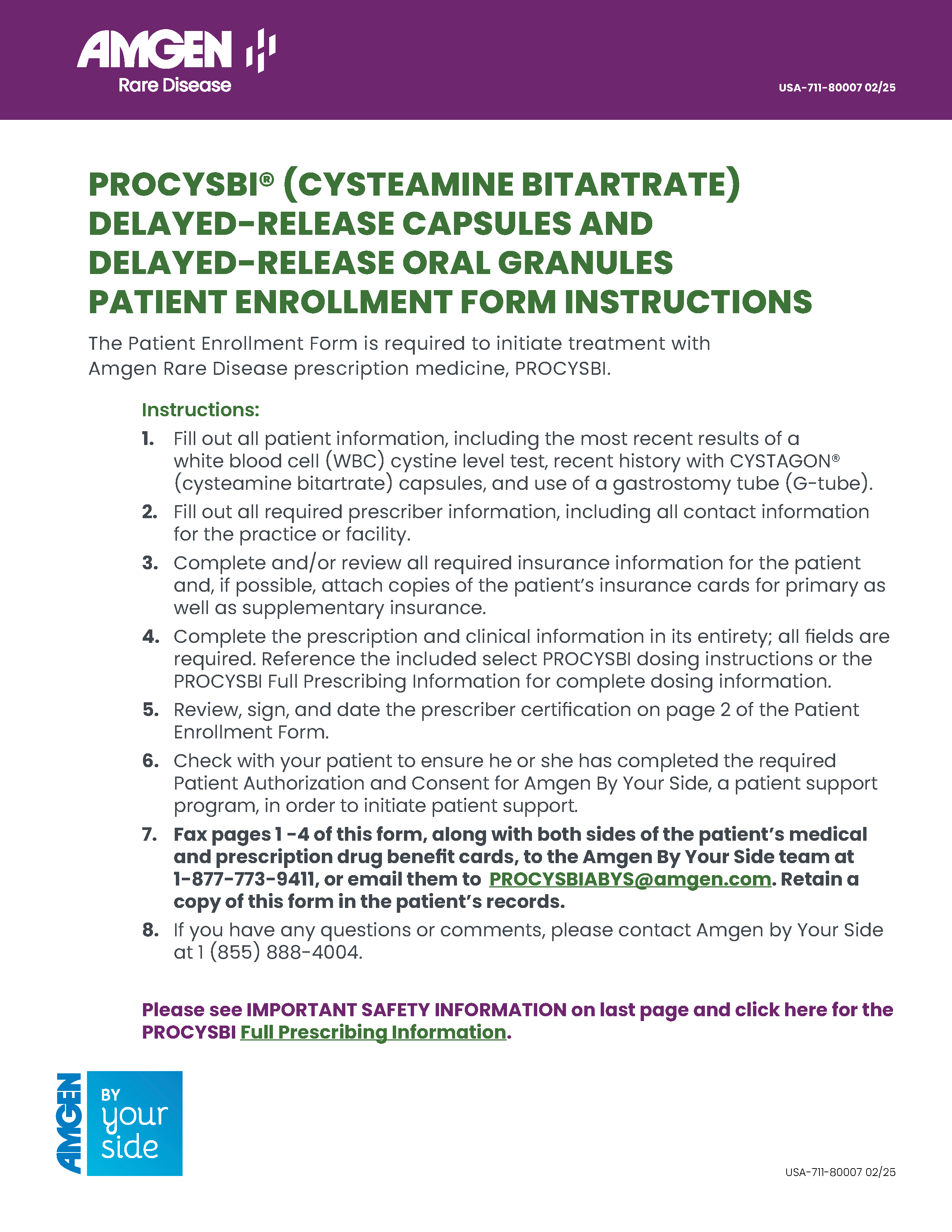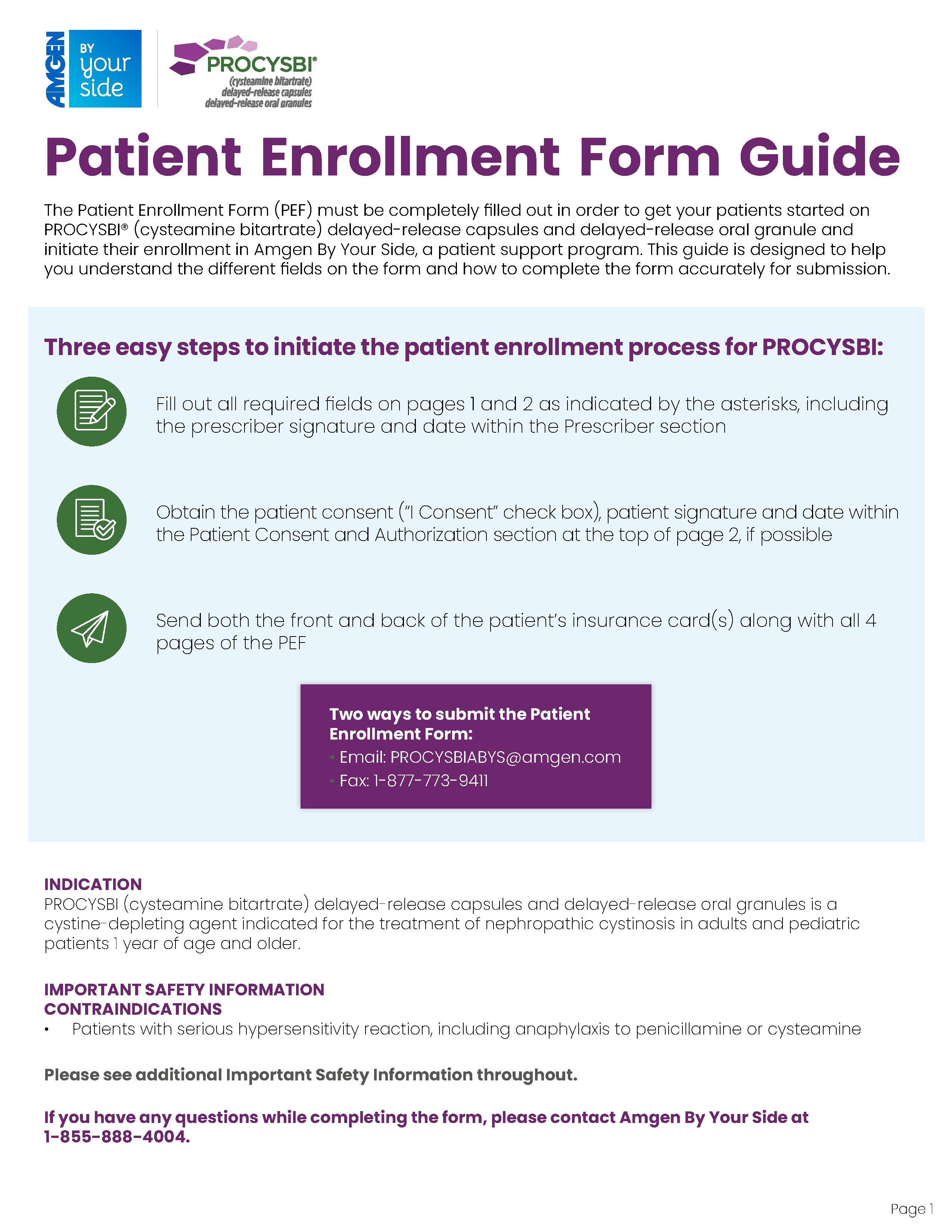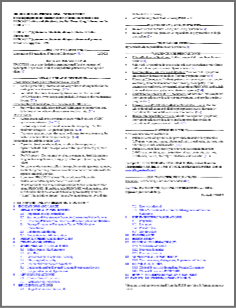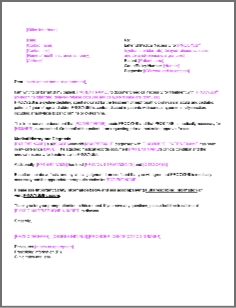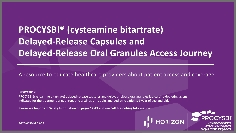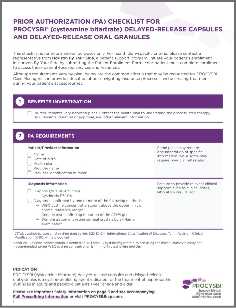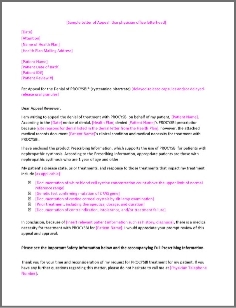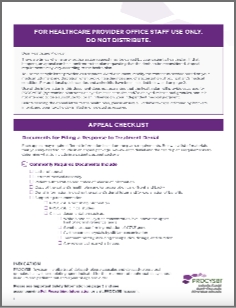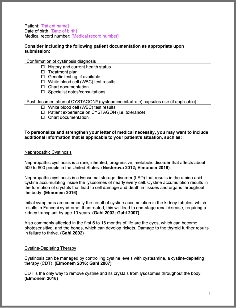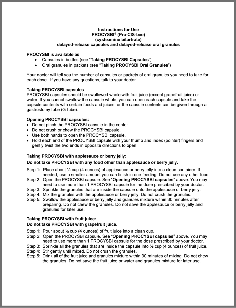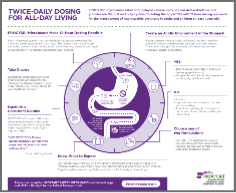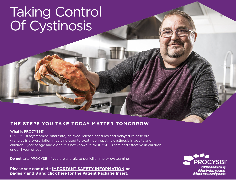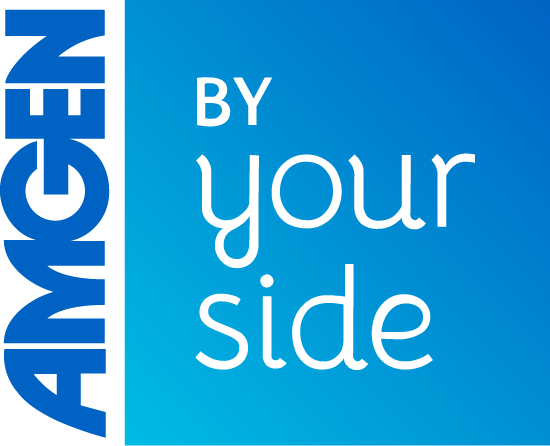INDICATION
PROCYSBI (cysteamine bitartrate) delayed-release capsules and delayed-release oral granules is a cystine-depleting agent indicated for the treatment of nephropathic cystinosis in adults and pediatric patients 1 year of age and older.
IMPORTANT SAFETY INFORMATION
CONTRAINDICATIONS
- Patients with serious hypersensitivity reaction, including anaphylaxis to penicillamine or cysteamine.
WARNINGS AND PRECAUTIONS
- Ehlers-Danlos-like Syndrome: Skin and bone lesions that resemble clinical findings for Ehlers-Danlos-like syndrome have been reported in patients treated with high doses of immediate-release cysteamine bitartrate or other cysteamine salts. Monitor patients for development of skin or bone lesions and reduce PROCYSBI dosing if patients develop these lesions.
- Skin Rash: Severe skin rashes such as erythema multiforme bullosa or toxic epidermal necrolysis have been reported in patients receiving immediate-release cysteamine bitartrate. Discontinue use if severe skin rash occurs.
- Gastrointestinal (GI) Ulcers and Bleeding: GI ulceration and bleeding have been reported in patients receiving immediate-release cysteamine bitartrate. Monitor for GI symptoms and consider decreasing the dose if severe symptoms occur.
- Fibrosing Colonopathy: Fibrosing colonopathy has been reported with postmarketing use of PROCYSBI. Evaluate patients with severe, persistent, and/or worsening abdominal symptoms for fibrosing colonopathy. If the diagnosis is confirmed, permanently discontinue PROCYSBI and switch to immediate-release cysteamine bitartrate capsules.
- Central Nervous System (CNS) Symptoms: CNS symptoms such as seizures, lethargy, somnolence, depression, and encephalopathy have been associated with immediate-release cysteamine. Monitor for CNS symptoms; interrupt or reduce the dose for severe symptoms or those that persist or progress.
- Leukopenia and/or Elevated Alkaline Phosphatase Levels: Cysteamine has been associated with reversible leukopenia and elevated alkaline phosphatase levels. Monitor white blood cell counts and alkaline phosphatase levels; decrease or discontinue the dose until values revert to normal.
- Benign lntracranial Hypertension: Benign intracranial hypertension (pseudotumor cerebri; PTC) and/or papilledema has been reported in patients receiving immediate-release cysteamine bitartrate treatment. Monitor for signs and symptoms of PTC; interrupt or reduce the dose for signs/symptoms that persist, or discontinue if diagnosis is confirmed.
ADVERSE REACTIONS
The most common adverse reactions reported in PROCYSBI clinical trials (≥ 5%): were:
- Patients 2 years of age and older previously treated with cysteamine: vomiting, nausea, abdominal pain, headache, conjunctivitis, influenza, gastroenteritis, nasopharyngitis, dehydration, ear infection, upper respiratory tract infection, fatigue, arthralgia, cough, and pain in extremity.
- Patients 1 year of age and older naïve to cysteamine treatment: vomiting, gastroenteritis/viral gastroenteritis, diarrhea, breath odor, nausea, electrolyte imbalance, headache.
DRUG INTERACTIONS
- Drugs that increase gastric pH may alter the pharmacokinetics of cysteamine due to the premature release of cysteamine from PROCYSBI and increase WBC cystine concentration. Monitor WBC cystine concentration with concomitant use.
- Consumption of alcohol with PROCYSBI may increase the rate of cysteamine release and/or adversely alter the pharmacokinetic properties, as well as the effectiveness and safety of PROCYSBI.
- PROCYSBI can be administered with electrolyte (except bicarbonate) and mineral replacements necessary for management of Fanconi Syndrome as well as vitamin D and thyroid hormone.
USE IN SPECIFIC POPULATIONS
- Lactation: Because of the potential risk for serious adverse reactions in breastfed children from cysteamine, breastfeeding is not recommended during treatment with PROCYSBI.
Please see Full Prescribing Information.



